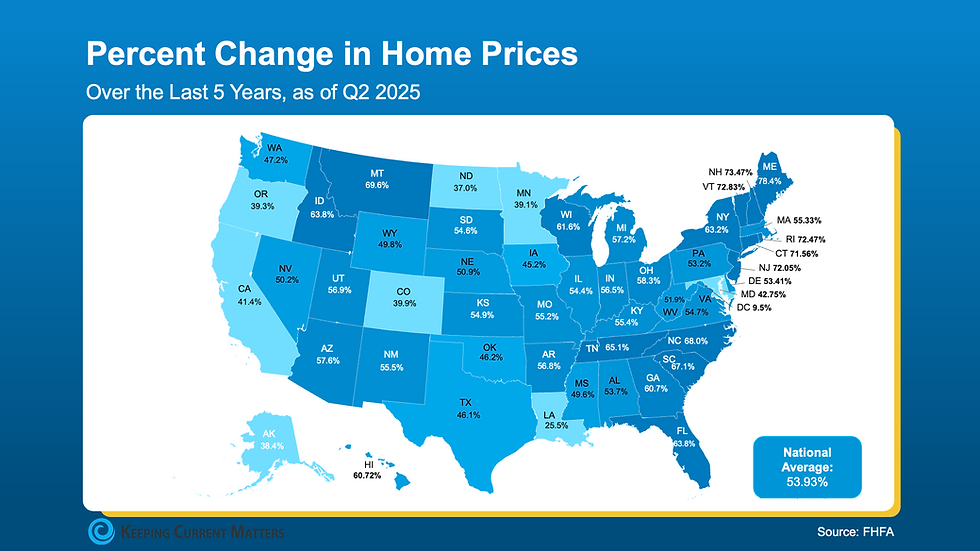Second Home, Facing a Tax Bomb When You Sell? Here’s How to Avoid It Smartly
- grace264
- Apr 17
- 2 min read

When you bought your second home, what dream did you have in mind?A weekend getaway to recharge?Or a solid investment bringing in extra income?
But if you’re thinking of selling it someday, you might be hit with an unexpected capital gains tax bill.The good news? With a bit of smart planning, you can reduce or even avoid that tax burden.
What is Capital Gains Tax?
This is a tax on the profit you make when selling assets like real estate, stocks, or art for more than you paid.Your second home falls into this category.
Tax Rate: Generally ranges from 0% to 20% (up to 25% in certain cases)
Taxable Amount: The difference between your purchase and sale price
Example: Bought for $300K, sold for $500K — $200K is taxable
First Home = Tax Exempt? Yes!
If the property is your primary residence, you may qualify for a major tax exemption.
Single filer: Up to $250,000 exemption
Married filing jointly: Up to $500,000 exemption
Requirements: Must have lived in the home for at least 2 of the past 5 years
This exemption doesn’t apply to second homes or investment properties — so you’ll need a game plan.
3 Smart Ways to Avoid Capital Gains Tax on Your Second Home
1. Use a 1031 ExchangeIf your second home is used as a rental or investment property, you can defer taxes by reinvesting profits into another similar property.Conditions:
Must be an investment property (not a vacation or personal-use home)
Replacement property must be identified and purchased within strict deadlines
Example: Sold for $1M after buying at $750K — reinvest the $250K gain without paying taxes immediately
Tip: You can convert your vacation home into a rental for a few years to qualify.
2. Convert to a Rental PropertyNot in a rush to sell? Turn your second home into an income-generating rental instead.
Short-term (Airbnb) or long-term rental options
Earn cash flow while deferring capital gains
Sell later when the market improves
Of course, be prepared for property management responsibilities.
3. Make It Your Primary ResidenceIf you plan to live there, consider staying for 2+ years to qualify for the tax exemption.
Live in the home for at least 2 out of the last 5 years
Get up to $250K–$500K tax-free gain
Note: You can’t have used this exemption in the past 2 years
For joint filers, both spouses must meet the residency requirement
Final Thoughts
Don’t just rush to list your second home.
Think strategically.
Consider a 1031 exchange, rental conversion, or meeting residency rules before selling.
And most importantly — work with a real estate expert who understands the local market and tax strategies.






Comments